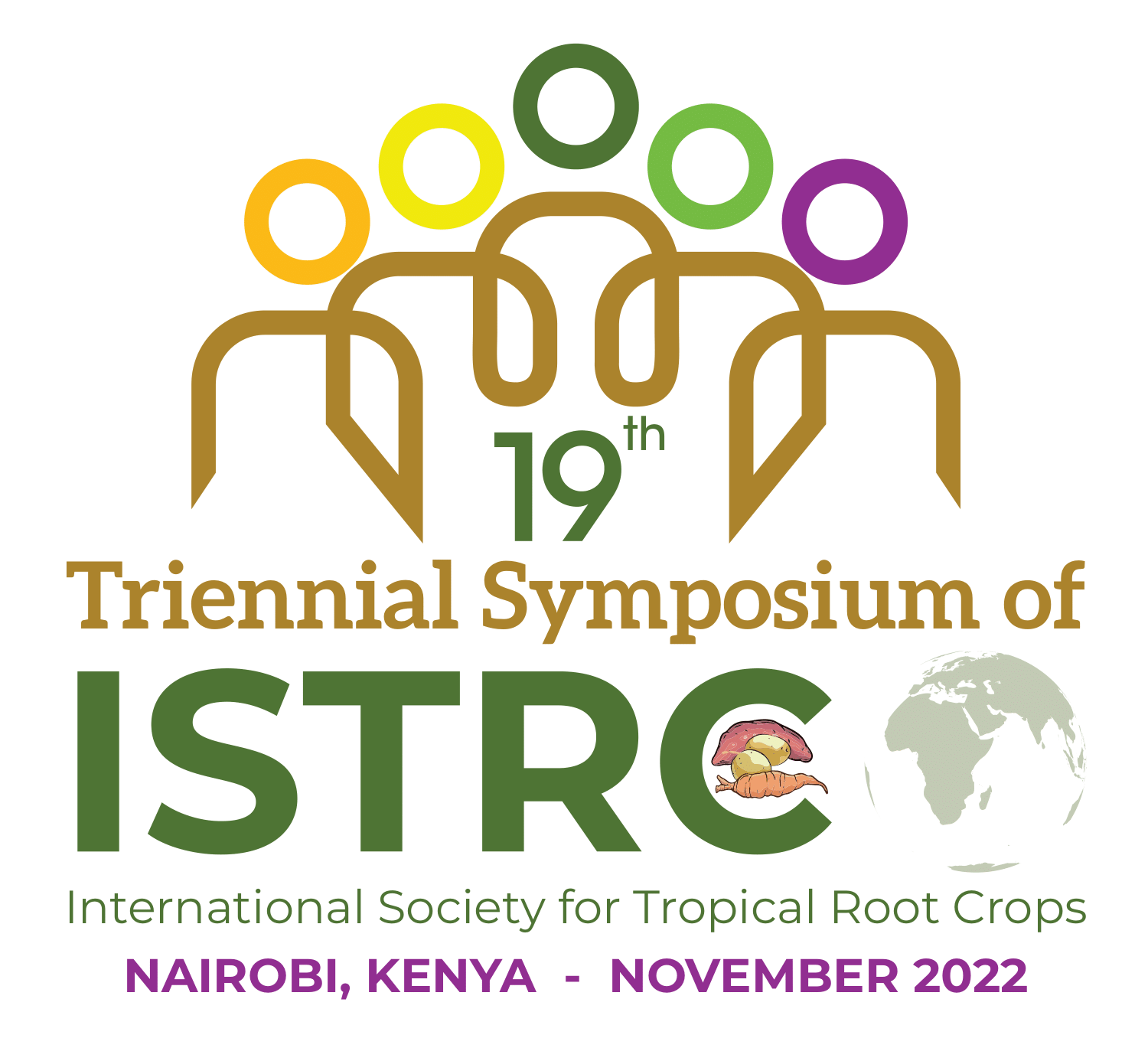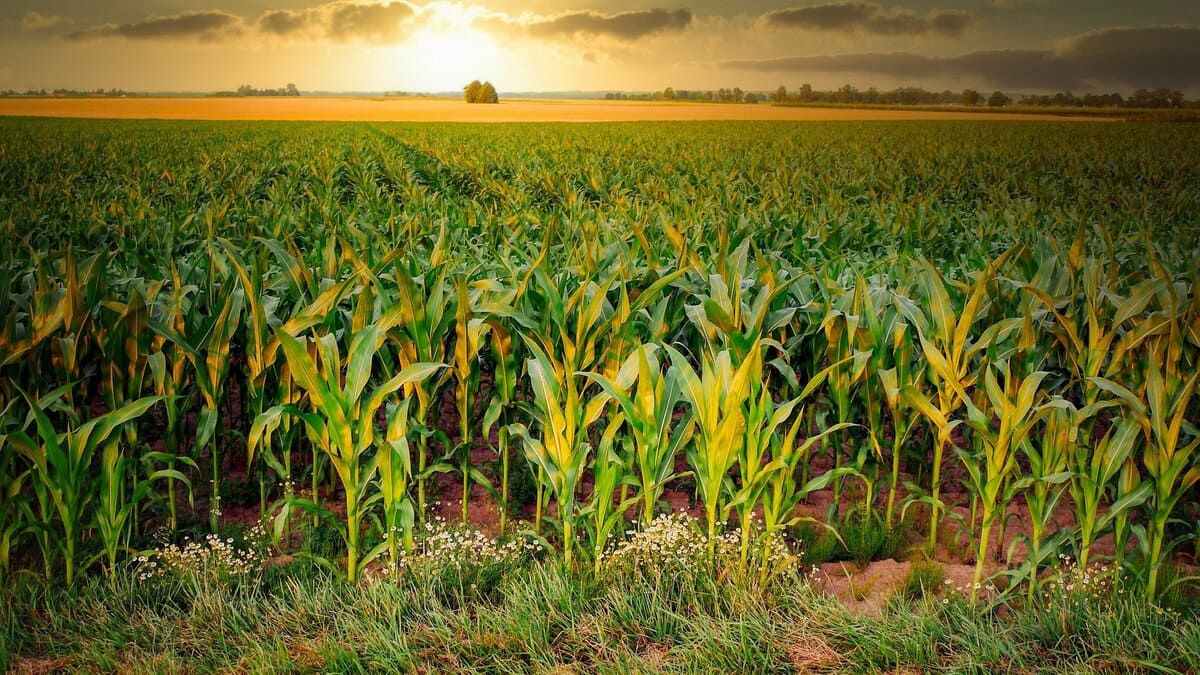
NEWS: Subsistence farmers must be helped to attain food security
November 25, 2022The 19th symposium of the International Society for Tropical Root Crops (ISTRC) to be held in Nairobi from Monday to Friday, should be able to ‘recall’ to the dining table traditional crops like cassava, sweet potatoes and yams, which have been neglected. The fact that these crops, which make and hold food under the soil, feed populous countries like Nigeria is a good reason to invest in them.
Although ISTRC is a platform for scientists, what they discuss must be unpacked to form actionable strategies for all stakeholders in climate change and food security. Professors and researchers profoundly set the agenda for food security for those most vulnerable to climate change.
Sceptics of the largest gathering on climate action, COP27 (and previous editions of the annual conference), say there is always no action. They say there is no change on climate change, at least on what Kenyans like to call “the ground”, a reference to livelihoods of ordinary folk.
But whether the criticism is merited or misplaced, the problem is how we translate policies and strategies to communities. How do we ensure that people can appreciate and adapt to adversely changing climate? How do you translate ‘carbon sinks’, ‘carbon sequestration’, ‘climate-smart’ and scientific jargon to the people while calling for a radical shift in how they farm and conserve food and dispose of waste in their environment?
The people must be involved, engaged and made to realise that weather and environment is significantly changing, and it is no longer business as usual with farming and livelihoods. Still, all is not lost. There are commendable efforts from government, private sector and donors to rally people into action. Whatever the initiative, creating awareness and giving people resources are always key interventions with agriculture and food security being the first port of call.
The Kenya Climate-Smart Agriculture Project (KCSAP), with the support of the World Bank, has made tremendous efforts to address the food insecurity challenges brought about by climate change. KCSAP’s bio-energy value chain technology, which Egerton University is diffusing among communities, is a good example on how academia translates research outcomes to change and impact livelihoods.
One of the constraints to adoption of good agricultural practices (GAP) and climate-smart farming is the lack of extension workers. The few government extension officers, who are poorly resourced, cannot effectively spur change and adoption.
One way of mitigating diffusion of innovative farming is the use of the Lead Farmer model. This is a training method whereby institutions pick early adopters or more resourced members of a community to demonstrate new farming practices. The concept has been successfully deployed by Self-Help Africa Kenya, an NGO supported by the EU, to encourage cassava value chains in Kenya. It is the same method the Kenya Agricultural and Livestock Research Organisation (Kalro) deploys to encourage the uptake of the seeds they develop. It will be the model for adoption of biotech in agriculture.
Another method is the use of social media platforms to ‘extend the extension’ services. So far, only a few ‘influencers’ use online tutorials to train and create awareness of emerging agricultural practices. Sadly, most organisations that support farmers are yet to use digital technology to reach out to the farmer—maybe because the idea of a farmer is still largely the low-tech and elderly.
African Agricultural Technology Foundation (AATF), which co-hosts the ISTRC symposium in Nairobi with the government, has made great strides supporting small-scale farmers to adopt agricultural technologies. AATF encourages value addition and commercialisation.
Farmers must never be left to struggle on their own. They need support to adopt, conserve and commercialise. That is the only way subsistence farming will bring about food security and sustainable economic development. It is the only way to go beyond the strategies and pledges of climate conferences.
This article was originally published by Standard Media.
